Sharks may have visited deeper waters around the British coast because of decreased underwater activity during the lockout, according to Professor David Sims of the University of Southampton.
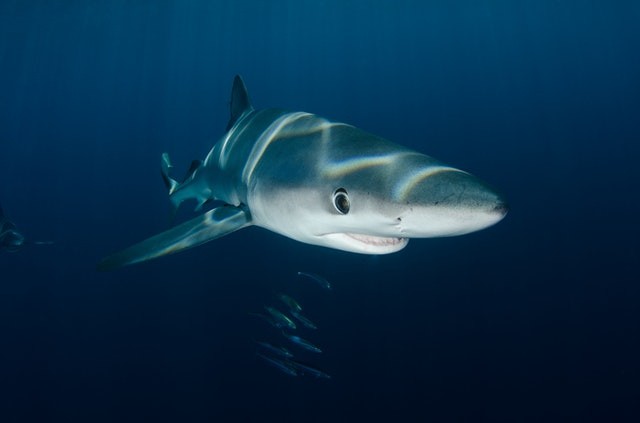
Shark Invasion
Big predators were seen lurking in "very shallow" water last year, he said.
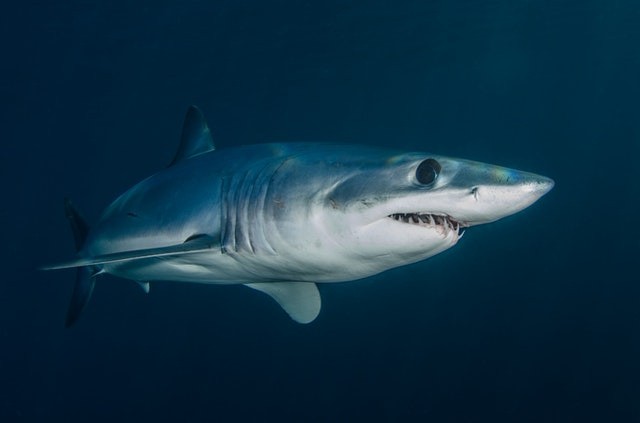
Many sightings of both basking and porbeagle sharks have been recorded in recent weeks, with observers seeing them near to the shore than usual.
Some have been discovered in marinas, while others have been seen in the water off the shore.
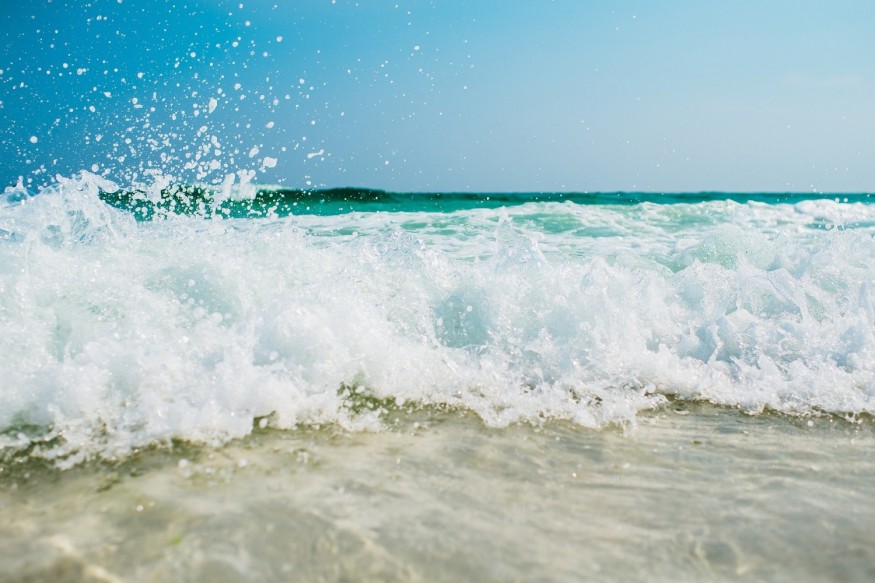
Rupert Kirkwood, a marine hunter, said he saw five basking sharks while kayaking in Cornwall over the weekend.
Last week, sharks were seen in two separate marinas in Plymouth, Devon.
Related Article : Ocean's Extremely Hot Causing Great White Sharks to Find Other Habitat
Covid Regulations
According to Mr. Sims, a professor of aquatic ecology, ocean, and earth science at the University of Southampton, Coronavirus limits may be the reason.
He said," "Large and small porbeagles are occasionally seen in marinas.
"Since they hunt fish in deeper waters, it's likely that they were chasing fish schools.
"The decreased sea traffic associated with the Covid-19 lockout constraints may be one reason it came so close."
"Large pelagic sharks, such as blue sharks, were seen venturing into very shallow water and in harbors and marinas in Europe during the key lockout period in March-July 2020."
"This has been attributed to 'quieter' waters when there were less freight, fishing, and tourist vessels on the water at the moment."
"Sharks are vulnerable to vibration, even ship vibrations, which are often avoided, so it's likely that a quieter'sound' may have helped this young shark expand his explorations into a Plymouth marina."
He went on to say that he'd been satellite monitoring sharks in north Cornwall.
"This showed that sharks inhabited localized areas throughout the Celtic Sea between the south-west UK, south-west Wales, and southern Ireland between July and August," the professor said.
"A porbeagle was sometimes just a few kilometers off the Cornish coast."
"Only one shark was tracked through the summer, where it crossed into deep water off the continental shelf before heading north to colder latitudes.
"It's possible that this was part of seasonal foraging movements."
Sharks Moving In
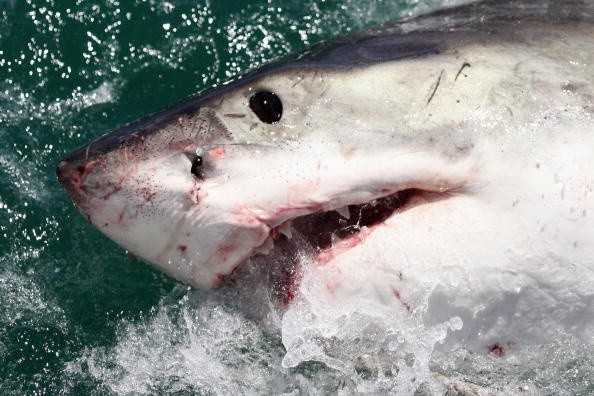
When a bigger and "badder" predator ventures into their local habitats, many vulnerable aquatic animals are put in jeopardy.
According to a report, great white sharks began venturing into areas that they would not usually go, placing smaller species in grave danger. Why do they behave in this manner? Changes in the climate.
The predators were forced to relocate due to the rise in water temperature, making them closer to potential prey. Since then, many coastal species have seen a control change, resulting in a decline in fish and other underwater inhabitants. It also increased the number of human-shark collisions.
Rising Water Temperature
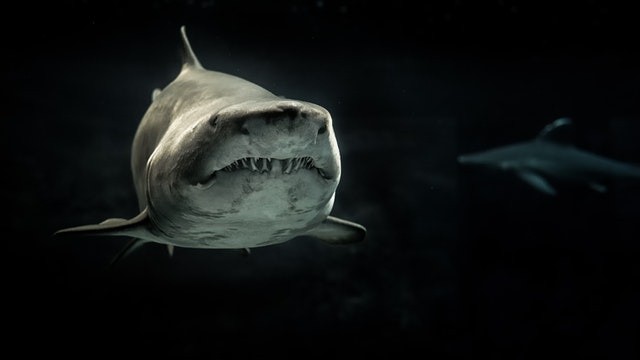
Professor Malin Pinsky of Rutgers University believes that the mass migration of sea life along the US coasts should be cause for concern because it affects sharks and other living things in the environment. Climate change, he said, is wreaking havoc on the oceanic environment.
With the rising temperature mixed with calmer waters due to Covid limits, sharks moving in might be more frequent than how it used to.
Fore more news about the animal kingdom, don't forget to follow Nature World News!
© 2025 NatureWorldNews.com All rights reserved. Do not reproduce without permission.





